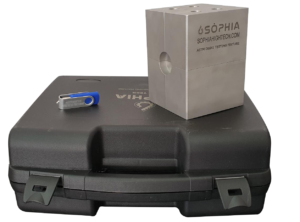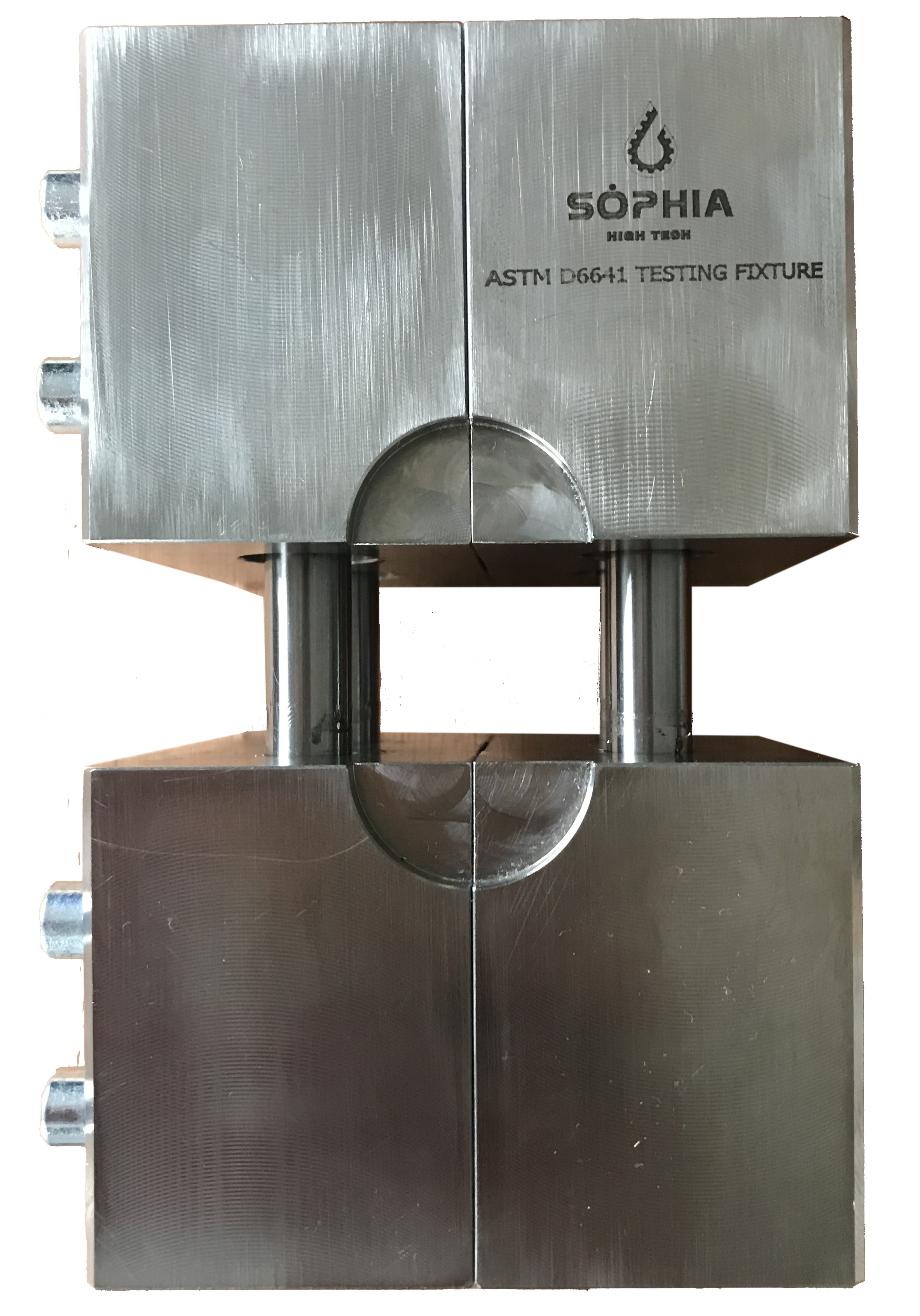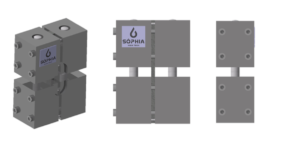
This test method indicates the compression properties of strength and stiffness of composite materials with polymer matrix by means of a combined compression load. This type of testing can be applied to general composites that are balanced and symmetric. The specimen may be untabbed (Procedure A) or tabbed (Procedure B), as required.
One of the basic rules is that the ends of the specimen does not crush during the test. Untabbed specimens are usually appropriate for use with materials of low orthotropy, for example, fabrics, composite materials of chopped fiber, and rolled with a maximum of 50% 0 ° ply, or equivalent. For high orthotropic materials, such as unidirectional composites, tabs are requested. The compressive force is introduced into the specimen by combined end- and shear-loading.
Can be tested unidirectional (0° ply orientation) composites as well as multi-directional composite laminates, fabric composites, chopped fiber composites, and similar materials.
This test method is designed to produce compressive property data for material specifications, research and development, quality assurance, and structural design and analysis. When tabbed (Procedure B) specimens, typically unidirectional composites, are tested, the CLC test method (combined shear end loading) has similarities to Test Methods D3410/D3410M (shear loading) and D695 (end loading). When testing lower strength materials such that untabbed CLC specimens can be used (Procedure A), the benefits of combined loading become particularly prominent.
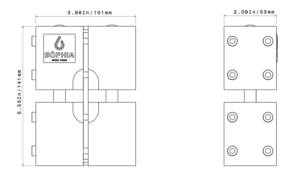
| Test Standard | ASTM D 6641 / no ISO equivalent |
| Maximum Load | 340 kN |
| Temperature Range | from -150 °C to 316 °C |
| Specimen Thickness | Variable |
| Specimen Width | 12 mm |
| Specimen Length | 140 mm |
| Mass | 5 kg |
Additional Information:
Additional procedures for determining the compressive properties of polymer matrix composites may be found in Test Methods D3410/D3410M, D5467/D5467M, and D695.This standard does not purport to address all of the safety concerns, if any, associated with its use. It is the responsibility of the user of this standard to establish appropriate safety and health practices and determine the applicability of regulatory limitations prior to use.
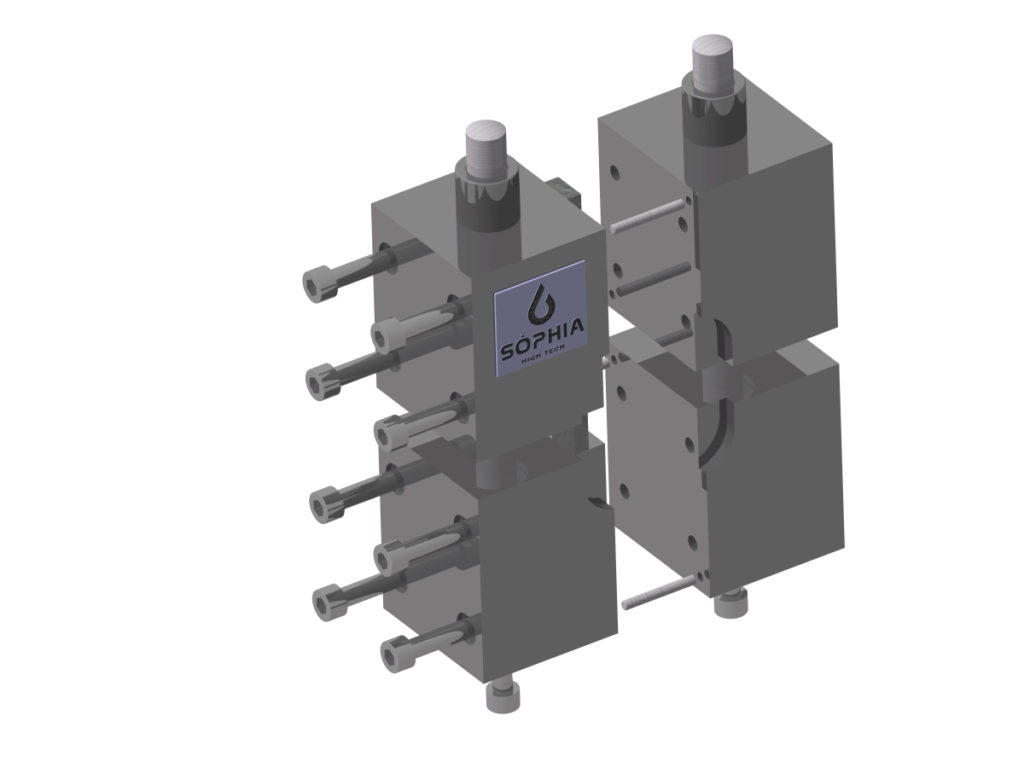
Referenced Documents
ASTM Standards
- D695 Test Method for Compressive Properties of Rigid Plastics
- D883 Terminology Relating to Plastics
- D3410/D3410M Test Method for Compressive Properties of Polymer Matrix Composite Materials with Unsupported Gage Section by Shear Loading
- D3878 Terminology for Composite Materials
- D5229/D5229M Test Method for Moisture Absorption Properties and Equilibrium Conditioning of Polymer Matrix Composite Materials
- D5379/D5379M Test Method for Shear Properties of Composite Materials by the V-Notched Beam Method
- D5467/D5467M Test Method for Compressive Properties of Unidirectional Polymer Matrix Composite Materials Using a Sandwich Beam
